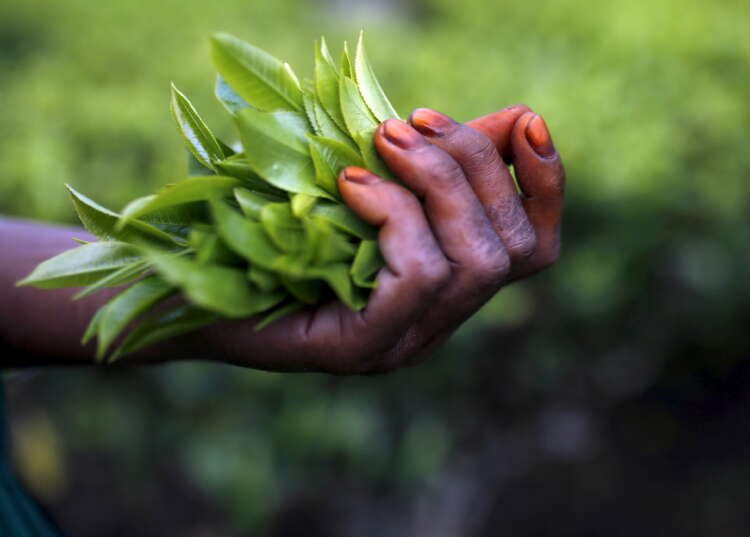Top Stories
‘Recipe for disaster’: COVID-19 spreads fear in India’s tea estates
Published by linker 5
Posted on June 1, 2021
1 min readLast updated: January 21, 2026

Published by linker 5
Posted on June 1, 2021
1 min readLast updated: January 21, 2026

Explore more articles in the Top Stories category











